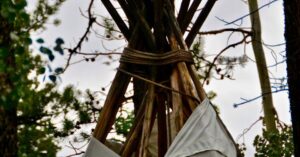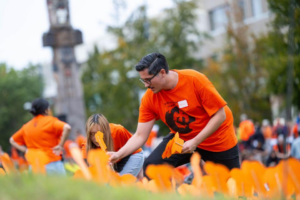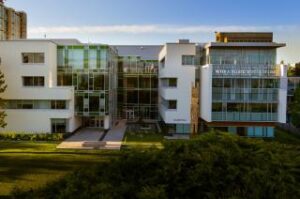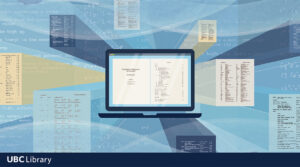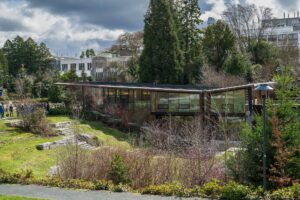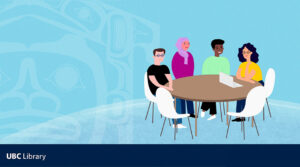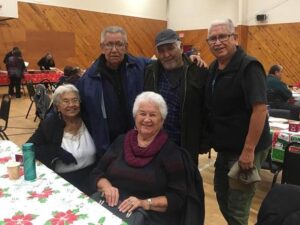Bringing Indigenous ways of knowing to neuroscience
Visit https://news.ubc.ca/2025/02/two-eyed-seeing-in-neuroscience/ to read the story.
Lingít: a love language for community
Please visit https://communityengagement.ubc.ca/news/taku-river-tlingit-first-nation-and-ubco-partner-to-document-language-reclamation-and-resilience/ to read the story.
New, self-paced training on anti-oppression and Indigeneity available to UBC faculty, staff
Please visit https://forestry.ubc.ca/news/new-self-paced-training-on-anti-oppression-and-indigeneity-available-to-ubc-faculty-staff/ to read the story.
From oral tradition to comics
Please visit https://communityengagement.ubc.ca/news/from-oral-tradition-to-comics/ to read the story.
Indigenous alumni share their law school experiences over the last 50 years
Please visit https://allard.ubc.ca/about-us/news-and-announcements/2024/indigenous-alumni-share-their-law-school-experiences-over-last-50-years to read the full story.
What is Indigenous data sovereignty and why does it matter?
Please read the story at https://beyond.ubc.ca/what-is-indigenous-data-sovereignty-and-why-does-it-matter/.
UBC Library digitizes Indigenous language dictionaries
Please visit https://about.library.ubc.ca/2024/04/09/ubc-library-digitizes-indigenous-language-dictionaries/ to read the story.
Walking alongside Survivors: How the Indian Residential School History and Dialogue Centre supports access to Residential School records
Please visit https://news.ubc.ca/2024/04/09/irshdc-residential-school-records-access/ to read the story.
How UBC Library is addressing the growing demand for Indigenous reference help
Imagine that you’re working at a library reference desk. A student hesitantly approaches you with a question. They are a nursing student who will be starting a community care plan assignment in Port Alberni. They need to find research on the local First Nation (Tseshaht), but don’t know what search terms to use. What would […]
Breathing life back into their language: A collaborative e-dictionary project with Klahoose, Tla’amin, Homalco, and K’ómoks Nations
Today, fewer than 47 native speakers of ʔayʔaǰuθəm remain, all of whom are over the age of 60. To help preserve their traditional language, four sister nations—Klahoose, Tla’amin, Homalco, and K’ómoks—are working alongside researchers from UBC and the University of Alberta to develop an ʔayʔaǰuθəm e-dictionary, set to be featured on FirstVoices. To learn more […]

